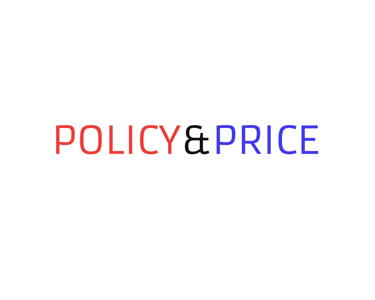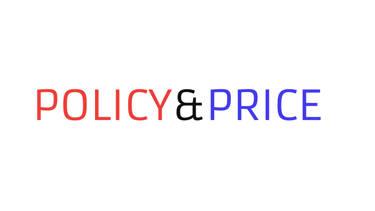
Top 3 Economic Stories This Week
China-US Trade Deal Fosters Surge in Equity Markets
Reports that US and China were moving closer to a trade agreement supported a surge for Equity markets in the U.S., Europe, and Asia at the end of the week. Consequently, the S&P 500 and Nasdaq ended with weekly gains of around 1.25%, while the FTSE 100 saw a 0.9% increase, supported by the weaker pound mentioned in last weeks economic report. Months of cautious positioning from investors seemed to make a switch this week, as global sentiment improved. The sentiment switch has been long awaited, and it was one driven by easing inflation, greater neutrality of central banks, economic data being better than forecasted, and lastly of course, in the context of China and USA - improved geopolitical discussions. Despite the current level of optimism, markets have remained sensitive to policy decisions, with investors awaiting major central bank meetings in Japan, Europe and US for early November. This week did seem to be more sentiment driven than fundamentals led which could be interpreted in a few ways, but nonetheless it shows a renewed risk appetite among investors.
Markets React to Pound Weakening
We saw a depreciation in the British pound this week by roughly 0.8%, against the USD and 0.6% against the euro, as the pound fell to around $1.22 by the end of the week. The move can be attributed to strong expectations that the BoE will consider a rate cut in Q1 2026 after UK macro data displayed slow GDP growth and wage momentum starting to cool. We saw further falls for gilt yields, with the 10-year UK gilt yield falling to around 4.04% as investors moved more towards bonds. The added uncertainty that the looming Autumn Budget brings dampened confidence as questions have been brought up around targeted tax increases which could knock business confidence back down. We must recognise that the weaker UK currency does support UK exports and their international competitiveness, which does not come about easily these days. Of course such a weak pound brings the issue of expensive imports, which could complicate the cooling inflation present in the UK, as imported-inflation could arise.
Global Growth Forecasts Complicated by Policy Decisions
Forecasts stated that GDP growth (global) will hold at 3.3% for 2025, unchanged from the IMF's World Economic Outlook. However economists warn that at this moment in time, multiple central banks may make separate moves in different directions, as the Fed may cut rates, the ECB is likely to hold off on rate changes and the BoE faces an even trickier path with increasing an inflation rate above 3% but slow growth rates. This tends to cause turbulence in global markets and often volatility to currency and bonds. Therefore, the overall tone is a steady global expansion but juxtaposed monetary policy paths for interdependent economies could generate volatility.
Policy Pulse: The Federal Reserve
After quite a while away from the Fed on policy pulse, they're back! The fed has held it's interest rate at 3.75 - 4%, with Chair Jerome Powell acknowledging that "meaningful progress" has been made on inflation but their need to be greater evidence of cooling before any further cuts. Meanwhile, traders removed their bets on a December rate cut, as most expect an early 2026 cut if there were to be a further one. As always the Fed's tone remained cautious, despite promising disinflation they remain vigilant against a potential rebound.
Industry Spotlight: UK Creative Industries and Entertainment
We saw signs of life in late October as consumer confidence ticked up - boosting Londons theatres and concert venue revenues. Meanwhile, the British Film Institute reported renewed interest from international studios in filming within the UK. Analysts have suggested that this was supported by tax incentives. Streaming platforms Netflix and Amazon both announced new projects under the UK High-End Television Relief scheme, which acts as a promising factor for investment into UK-produced content. Venture funding in creative-tech start ups boomed again after a subdued Q1 and Q2 of 2025, once more reflecting that risk appetite we spoke about among investors, and of course in this case Venture Capital firms. Overall, the UK creative sector outlook has been described by analysts as quietly confident. Demand is recovering, investment - domestically and internationally - is flowing back into the sector, and the UK remains a global hub for culture and entertainment, which could foreshadow a positive Q4.


Economic Analysis. Political Analysis. Insightful Analysis.
Explore political and economic affairs with us.
© 2025. All rights reserved.


